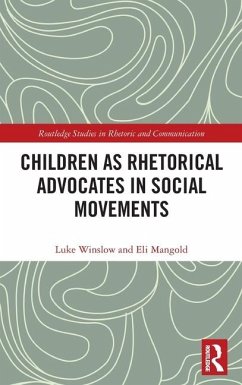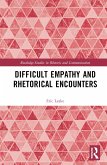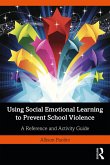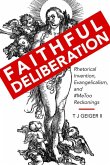This book examines "Rhetorical Children" as visible and vocal communicators, shaping public discourse on contentious social issues related to organized labor, civil rights, gun violence, and climate change.
This book explores four key social movement case studies: the 1903 Mother Jones-led March of the Mill Children to reform child labor laws, the 1963 Dr. Martin Luther King, Jr.,-led Children's Crusade to end segregation, the 2018 Parkland student-led March for Our Lives movement to end gun violence, and the ongoing struggle for climate change mitigation led by Swedish activist Greta Thunberg. Through these case studies, the book outlines three rhetorical strategies, namely children's ability to activate adults' moral obligation; to invoke threats to natality and lost childhood; and to disrupt social order. It enables readers to better understand rhetorical children and the rhetorical tools required for social movements.
Assessing the powerful role children play in shaping public discourse, this book will be of interest to students and scholars in the fields of Communication Studies, Rhetoric, Public Address, Social Movements, and Cultural Studies.
This book explores four key social movement case studies: the 1903 Mother Jones-led March of the Mill Children to reform child labor laws, the 1963 Dr. Martin Luther King, Jr.,-led Children's Crusade to end segregation, the 2018 Parkland student-led March for Our Lives movement to end gun violence, and the ongoing struggle for climate change mitigation led by Swedish activist Greta Thunberg. Through these case studies, the book outlines three rhetorical strategies, namely children's ability to activate adults' moral obligation; to invoke threats to natality and lost childhood; and to disrupt social order. It enables readers to better understand rhetorical children and the rhetorical tools required for social movements.
Assessing the powerful role children play in shaping public discourse, this book will be of interest to students and scholars in the fields of Communication Studies, Rhetoric, Public Address, Social Movements, and Cultural Studies.








